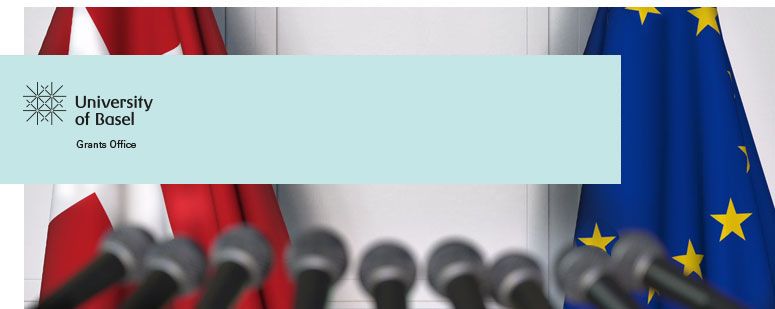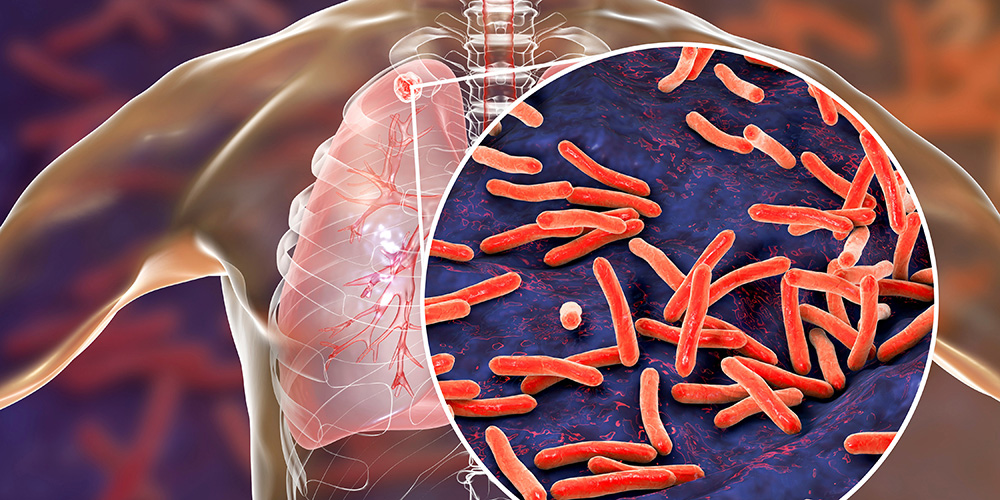Grants Office Newsletter July 2021

Dear Researchers of the University of Basel,
You have read the bad news in the media: Switzerland has been excluded from the list of countries that are allowed full participation to Horizon Europe prior to a formal association. For the time being, Switzerland is treated as a non-associated third country in Horizon Europe, Euratom, ITER and the Digital Europe Programme. The Secretariat for Education, Research and Innovation (SERI) has updated its fact sheet and Q&A today. We have summarized the most important information below. These are very unfortunate developments but it is important to underline that the Federal Council remains committed to its goal of a full association. It is expected that the payment of the cohesion billion will lead to an association in 2022. In the meantime, national funding schemes will be prepared to back-up programmes that are no longer accessible for researchers in Switzerland (notably ERC).
It is also important to know that researchers at Swiss institutions can still participate in most collaborative projects of Horizon Europe. In this newsletter, we introduce you to PAUL, a collaborative project funded under the Green Deal Call of Horizon 2020.
Kind regards,
The Grants Office Team
Horizon Europe: Switzerland's eligibility in 2021
The SERI has updated its fact sheet and Q&A on www.horizon-europe.ch. The Q&A contains information on Switzerland’s eligibility for different instruments of Horizon Europe. We summarize the most pressing questions here:
- Proposals for ERC Starting- and Consolidator Grants as well as EIC Pathfinder submitted in 2021 will be fully evaluated by the EU. Successful projects will be funded by the SERI.
- A national back-up scheme for the ERC Advanced Grant (August 2021 deadline) is planned. The submission deadline is expected to be in the 4th quarter of 2021.
- Participation in ERC Synergy is still possible if the other partners are hosted at institutions in an EU member state or associated country.
- Researchers at institutions in Switzerland can participate in most collaborative projects but cannot coordinate projects. Swiss partners will be funded by the SERI.
- Marie Sklodovska-Curie Postdoctoral Fellowships: Applicants with a Swiss host are not eligible for European Fellowships but only for Global Fellowships. A replacement for incoming fellows is being evaluated
Please note: SERI has asked the Grants Offices to collect questions from researchers that are not answered in the Q&As. Please send your questions to grants@unibas.ch.
PAUL: A Horizon 2020 project developing new concepts to observe greenhouse gas emissions of cities
Cities cover only 1 – 3 % of the Earth’s land surface but gather more than 55 % of the world’s population. Consequently, cities are recognized as the most important anthropogenic greenhouse gas emission hotspots of our planet and are today at the heart of emission reduction efforts globally. To assist policy and decision-making efforts towards reaching the Paris Agreement goals of climate-neutrality, efficient monitoring concepts of urban greenhouse gas emissions have to be developed. The Atmospheric Sciences Group of the University of Basel at the Department of Environmental Sciences is part of PAUL (Pilot Application in Urban Landscapes towards integrated city observatories for greenhouse gases), which is a recently EU-funded project that will bring together and evaluate the most innovative measurement and modelling approaches of greenhouse gases emissions in urban areas, to develop useful tools and services for cities to support their climate action plans.
More Successes!
The Grants Office would like to congratulate:
- Oliver Braissant for his Innosuisse project
- A new Marie Skłodowska-Curie Individual Fellows: Debdatto Mookherjee (Biozentrum, Anne Spang’s group)


